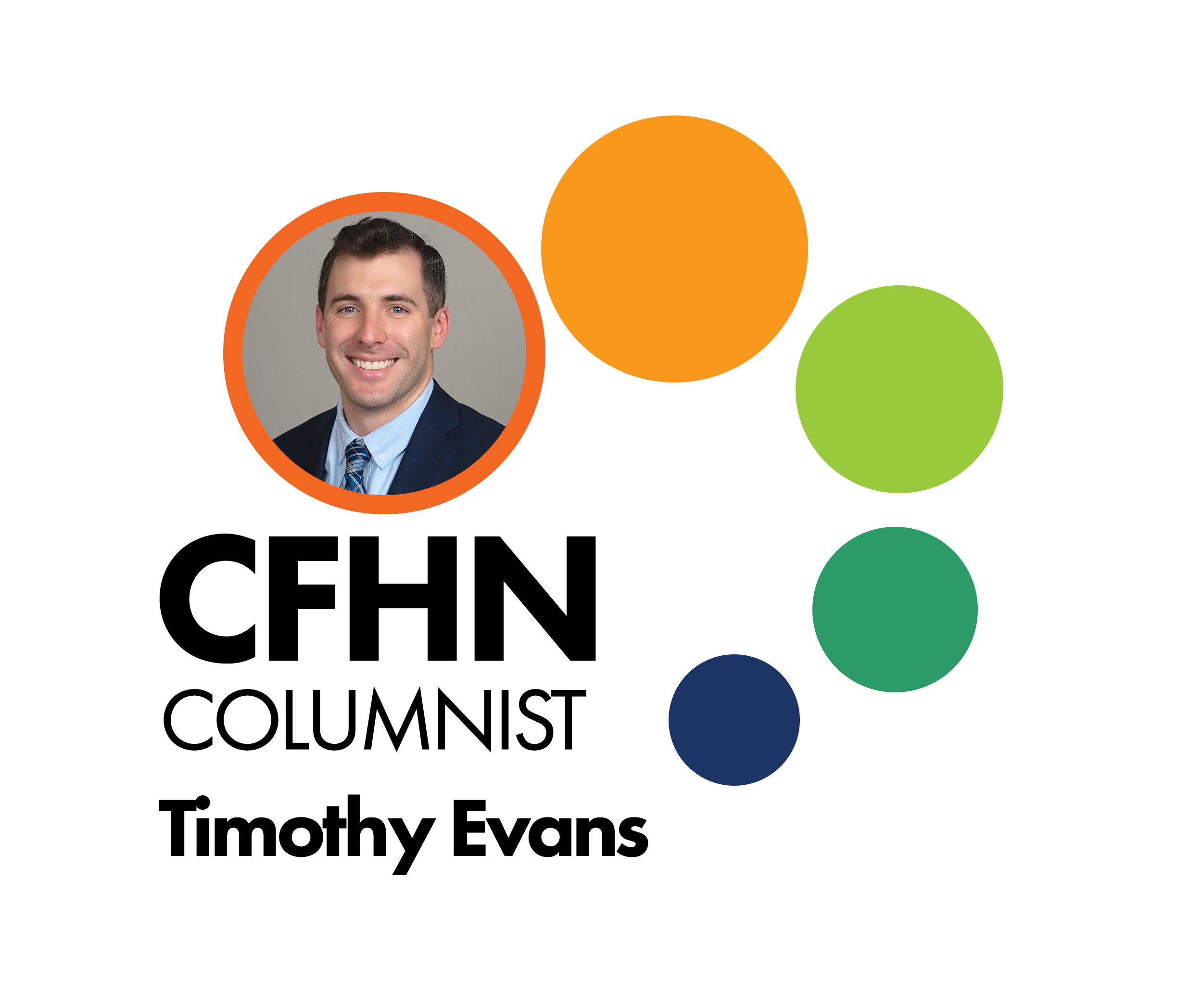
Health News
Features
-
Workout mistakes to avoid
Follow these tips to maximize your exercise routine When we exercise to lose weight, we may overlook an important weight-loss strategy: Food. “If we don’t eat, we decrease our workout or exercise potential,” says Marc A. Boults, a doctor of physical therapy and certified athletic trainer at Lakeland Regional Medical Center. For short workouts that…
-
The key to staying young
Maintaining social ties is important for seniors’ health We are sociable beings. As we age, our need for interaction only increases. When a spouse dies, or siblings and friends die, we need support more than ever. Keeping active socially is important to keep an individual healthy. “It almost works like a group therapy,” says Dr.…
-
Sweet tips for controlling candy consumption
Easter guidelines to keep kids from eating too many empty calories You were feeling generous when you bought those gargantuan Easter baskets, expecting that would be more than enough candy for the entire family. But you didn’t count on Easter baskets from the grandmas and grandpas, aunts and uncles. Nor did you anticipate the spring…
Columns
-
What Is Peripheral Arterial Disease?
We’ve talked about what Peripheral Arterial Disease is in previous columns. Now, let’s look at some possible operative treatment options for PAD. When medical management alone has failed to improve symptoms, the possible treatment options include the following: 1.) Endovascular treatment with balloon angioplasty: In this procedure, a catheter is threaded through a blood vessel…
-
Revision Surgery After Total Joint Replacement
Pain and loss of mobility in the joints of the leg due to arthritis can be debilitating. Hip or knee replacement surgery can alleviate this pain and restore function. However, there are replaced knee or hip joints that eventually fail, causing problems. Infection, wear and tear, and injury can result in the need for revision…
-
Mohs Micrographic Surgery for Skin Cancer
There are few things in life as scary as learning that you have cancer. At Lakeside Dermatology, we’ve had to help our fair share of patients through this frightening diagnosis. As dermatologists, we deal with skin cancers. There are many different types of skin cancer, but the three major types of skin cancer are basal…


